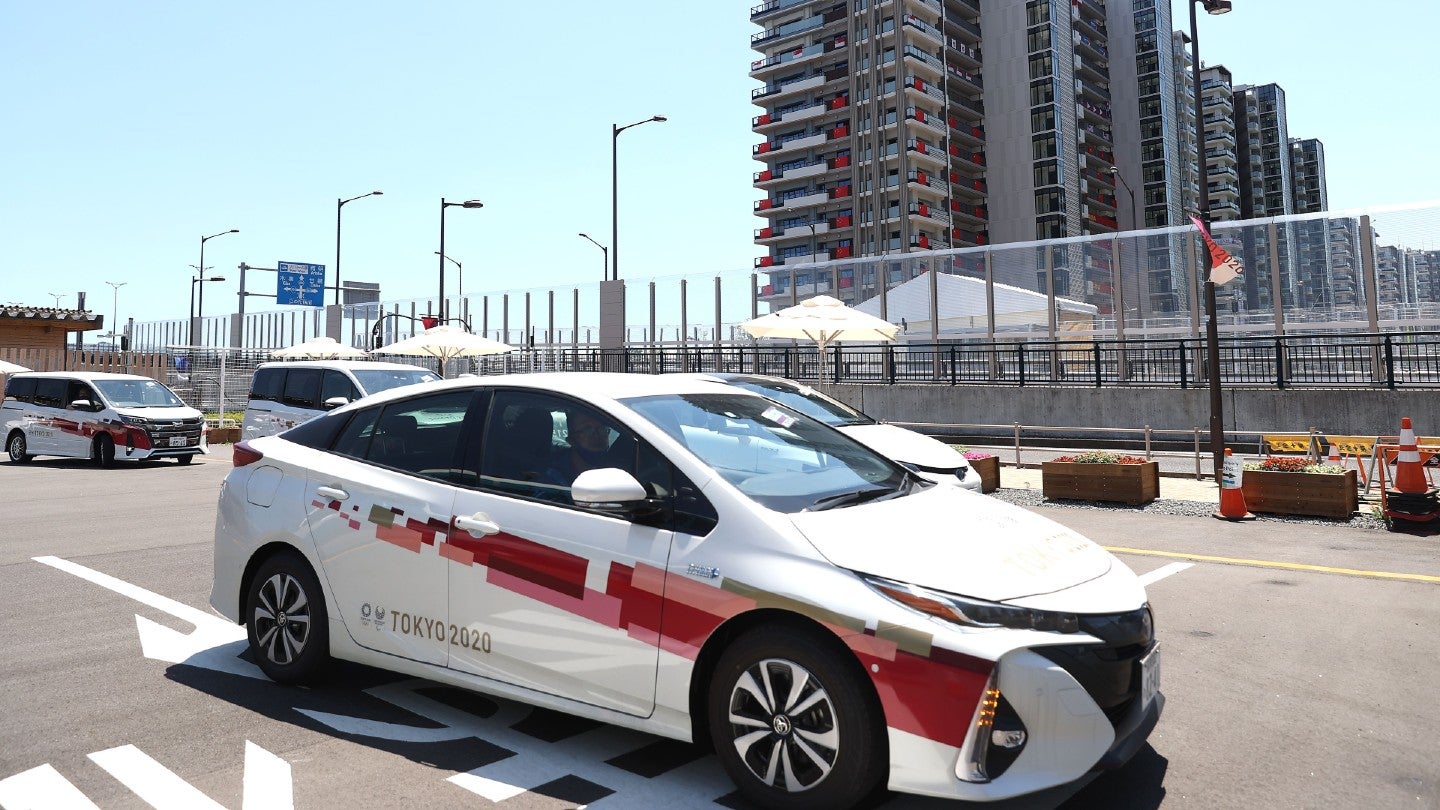
Sponsorships in the automotive sector have been a huge source of income for sports properties for many years, with companies generally offering lucrative deals.
GlobalData estimates that car brands are currently spending $1.4 billion annually on sports sponsorships, from 657 deals. This is an average of $2.2 million per deal, with the largest being Toyota’s agreement with the Olympic Games, worth $82.4 million annually over 10 years.
Toyota currently has the most sports sponsorships of all car brands with 61, followed by Ford with 48. In terms of sponsorship spend, Toyota tops the list again with $185 million annually, with Ford second at $110 million and Honda third with $108 million a year.
It is estimated that on average, around 5.6 tonnes of carbon dioxide are released during a petrol or diesel car’s manufacture, whilst electric car production produces around 8.8 tonnes of carbon dioxide. As of 2019, Daimler, Volvo, Ford, BMW, and Volkswagen boasted the most CO2 emissions by cars sold in Europe.
Despite these emissions offset by vehicle brands, all of them have been promoting sustainability pledges through their sports sponsorships, encouraging consumers to buy their cars as they claim to be the most environmentally friendly on the market, despite many of them attempting to persuade the government to delay any climate change policies to be put into action.
Climate activists have recently claimed that car brands are using such sponsorships to boost their public image with regard to sustainability and reducing carbon emissions when these brands are causing harm to the environment.
They believe that companies in the sector should not be allowed to sponsor major sports clubs, athletes, and competitions.
Team GB Olympian, Etienne Scott, also came out to blast car manufacturers and their impacts on the environment, comparing their partnerships with sports properties to tobacco and smoking advertising.
Whilst the impacts of smoking and car usage are different, they both inflict negative externalities on society as Toyota and BMW sold cars in 2021 that will emit approximately 855 tonnes of carbon dioxide.
The government, companies, and individuals around the world are working to limit and mitigate the effects of climate change, while automotive brands continue to pollute the environment.
Some brands, such as Toyota and BMW, seem less inclined to cooperate with the government on promoting hybrid and electric vehicle sales, despite both announcing initiatives to be carbon neutral by 2035 and 2050, respectively.
Instead of promoting combustion engine vehicles, car brands should put more emphasis on promoting electric vehicles if their plans are as sustainable as they claim. On top of that, there needs to be more encouragement to walk and cycle as a method of transport, to combat the adverse effects of car pollution.
Like cigarette companies in the past, vehicle brands are attempting to resonate with sports fans by associating themselves with their favorite athletes and sports institutions, creating an emotional connection which builds a positive brand image in the eyes of sports fans.
Should car brands be banned from sponsoring sport properties?
Automotive companies are still a huge source of income in the world of sport as previously mentioned, therefore completely blocking a substantial revenue source may be detrimental to some sports clubs and competitions.
Some sports properties have taken their own initiative in restricting their partnerships with polluting companies, as Tennis Australia terminated its deal with Santos, an oil and gas company in 2022.
Like the government’s recent restriction of betting brands on the front of English Premier League soccer shirts, the government could similarly impose a policy to restrict the amount of advertising and influence vehicle brands have in sport, as they are currently portraying an image that they are part of the solution in combating climate change, when in reality they are part of the problem.
Overall, the growing visibility of the automotive industry in sport has been at the expense of the environment, with CO2 emissions adding further dents into global warming and consumers continuing to purchase combustion engine cars.
Therefore, restricting car sponsorships in sport will help reduce the sector’s impact on the environment but the government should also be enforcing policies to ensure brands are selling more electric or hybrid vehicles as opposed to petrol and diesel cars, whilst sports properties should be encouraging the shift to active forms of travel like cycling and walking.
Image: Alexander Hassenstein/Getty Images



